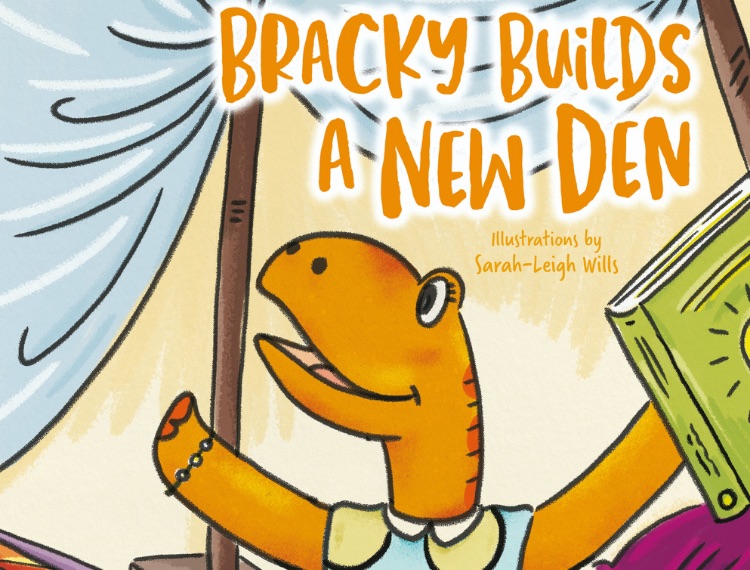Young people experiencing mental health complications following parents’ injuries supported with new book

Young people who might be experiencing mental health complications as a result of their parents or carers suffering serious injuries can utilise a new programme of support released following ground-breaking research.
A new study has found that 58 per cent of children of the estimated 4.8 million parents or carers living with serious injuries following an accident or medical negligence, experience major changes to their life, often resulting in both short and long-term mental health issues.
For education providers, the research provides particularly interesting as the upheaval can include missing time in education, moving to a new house to accommodate their parent’s condition, changing school or college, witnessing their parents separate or divorce, being looked after by other relatives or friends, or even being forced to take on carer responsibilities.
The research – conducted by Fletchers Serious Injury – showed that such events can impact a child’s mental and emotional health and wellbeing. Many suffer from shock, anxiety, anger outbursts and insomnia. Many also develop their own coping strategies to process the impact on their lives. In extreme cases, some are diagnosed with post-traumatic stress disorder.
Furthermore, a third (31%) of parents and carers living with the effects of a serious injury or medical negligence said there were not sufficient resources available to help their family cope with the challenges they experienced, while a quarter said resources to specifically explain to young person what has happened would have helped.
In response, the Top 100 law firm has created and launched a new suite of support services which explore the practical and emotional changes a family might face following a serious injury.
A number of fact sheets have been designed to help young people and teenagers find out more about what support is available and what happens if their parent or carer has suffered a serious injury. There are also activity sheets and a storybook – ‘Bracky Builds a New Den’ – aimed at younger children.
Charlotte Beaumont, child psychotherapist and counsellor who supported Fletchers Serious Injury in the campaign, said:
“It’s understandably a worrying time for a young person when their parent or carer experiences a significant injury or medical condition, and it can’t be underestimated just how much the practical and emotional challenges can impact their mental health; not just in the short-term, but the long-term too.
“When an event like this occurs, children and young people naturally try to make sense of the world around them with the explanations they have available to them. So, it is useful to help them to understand in an age-appropriate way what has occurred, and update this as they grow to fit their more sophisticated development.
“With this campaign, Fletchers Serious Injury is helping to overcome a very real issue in a sensitive and empathetic way. It can act as a conversation starter with families who find themselves in a similar story, providing them the opportunity to explore the situation from different angles because
although the story features a trauma, it also highlights the transition to a ‘new normal’ and a feeling of hopefulness for what’s to come.
“Having parents and their children involved in storytelling can be a lovely way to heal together as a family and discuss what may be possible going forwards, offering empowerment and some sense of control in a situation where that felt lost. We envisage this campaign will have a positive impact on the families around the country who are dealing with the challenges of serious injury and medical negligence.”
Adrian Denson, Chief Legal Officer at Fletchers Serious Injury said:
“Sustaining a serious injury is a life-changing experience. Over the years, we’ve helped thousands of families to rebuild their lives following serious injury and medical negligence, and know how such incidents can affect everything from wellbeing and relationships to career and financial security.
“Our research showed that while there’s lots of information available on how a significant, life changing event can impact children from a scientific point of view, there is very little available to actually guide them through the practical and emotional challenges that will come along the way.
“That’s why we created these resources. Though they seeks to explore many of the different ways young people and children could react to their parent or carer experiencing a serious injury, it’s important to remember that everyone’s circumstances are unique. As serious injury specialists, our priority for those affected is to support them with all the associated challenges a serious injury brings, and to extend our service to their wider family and network, too.”











Responses